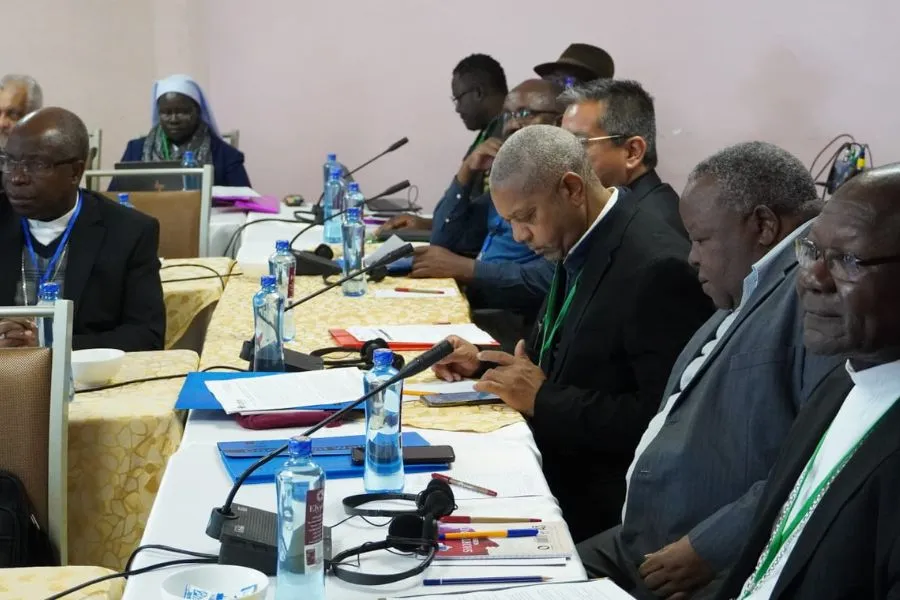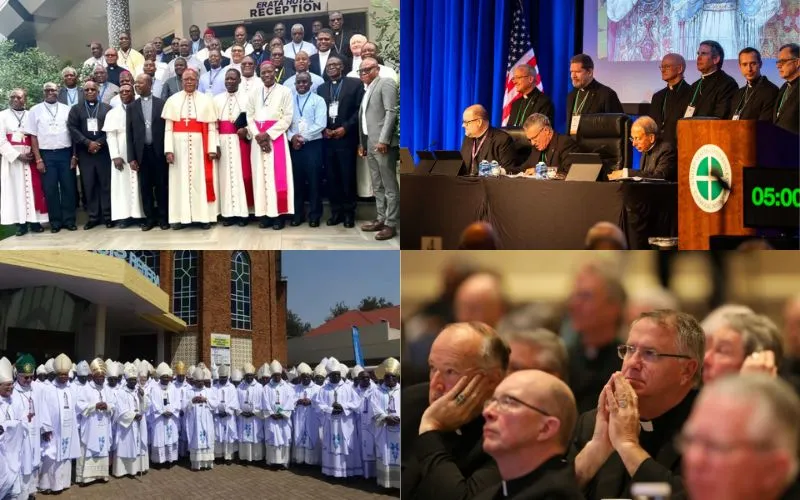“As poor countries struggled to respond to its health, economic, and social effects, the extent of underinvestment in health, education, food, and social protection hobbling their actions became clear,” the faith leaders said in the meeting organized under the theme, “How can Africa emerge better from today's multiple crises?”
In their collective statement following the meeting, the faith leaders also cited the debt crisis, climate change, biodiversity loss, water scarcity, conflicts, and terrorism among the major contributors to Africa’s economic crisis.
The faith leaders link the crises to social justice issues at the international and domestic levels which they say are brought about by tax injustice in globalization, the trade imbalance between donor and recipient countries, and gaps in management of public finance at the domestic level.
Due to a lack of appropriate interventions to address the crises, the faith leaders say that “the situation has intensified poverty, inequality, and governance challenges in the continent and set back progress on the attainment of sustainable development goals by 2030.”
In the statement, the faith leaders equate the total African countries' debt to more than $1.1 trillion in external debt and go on to recommend the need for equity in the international financial system and domestic governance challenges in recipient countries to address the crisis.
They say that the increasing interest accrued on the debts delays payment and also keeps mounting more pressure on the African people due to an increase in the cost of living.
In the light of holy scriptures, the faith leaders call upon Heads of State and Finance Ministers in African countries to initiate a debt reduction process that seeks to “protect essential development and climate investments.”
African countries should also “put in place laws, regulations, and practices that enforce responsible lending and borrowing, and ensure departures from them have consequences for the public and private actors involved,” the faith leaders say.
In the statement, the faith leaders urge African governments to come up with measures to ensure appropriate Management of Public finances by sealing loopholes for corruption and theft of public funds.
“Increased money transfers should go hand in hand with improved policies and practices for their use,” they say, and add, “The governance dimension of all stages in the lending process is crucial.”








